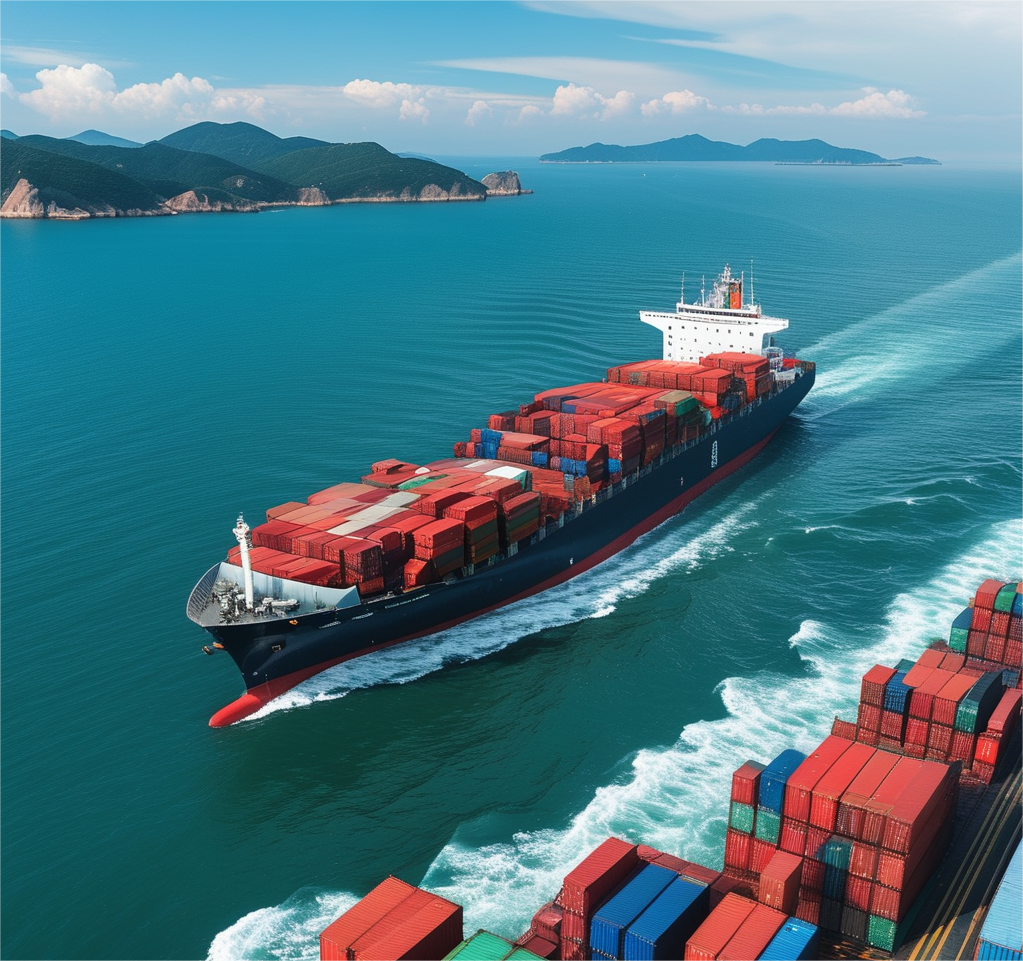Managing international trade risks is a crucial aspect of successfully shipping from China to Germany. Whether you’re a business owner or logistics manager, understanding how to mitigate risks can help ensure that your shipments reach their destination safely and on time. This article provides key insights into how to effectively manage international trade risks when shipping from China to Germany, particularly for businesses involved in China trade shipments to Germany and those seeking B2B shipping solutions for Germany imports.
1. How to Manage International Trade Risks to Germany
International trade risks can affect the cost, timing, and safety of your shipments. Here are some essential steps to mitigate these risks:
- Choose the Right Freight Forwarder: One of the best ways to manage trade risks is by selecting a reliable freight forwarder with experience in shipping from China to Germany. They can help you navigate the complexities of shipping, customs, and regulations to reduce the likelihood of delays or fines.
- Understand Customs and Regulatory Requirements: Shipping from China to Germany requires strict adherence to both countries’ customs regulations. Understanding these regulations, including tariffs, duties, and required documentation, will help you avoid costly delays.
- Use Insurance: Cargo insurance is crucial when shipping internationally. Whether you’re shipping by sea, air, or land, having insurance can protect you against unexpected events such as damage, theft, or loss during transit.
- Plan for Currency and Payment Risks: International trade often involves currency exchange, which can lead to financial risks. It’s important to understand exchange rates and payment terms to avoid unexpected financial losses.
- Monitor Political and Economic Factors: Trade can be affected by changes in political and economic climates. Monitoring developments in China and Germany, including tariffs and trade agreements, can help you anticipate potential risks.
2. China Trade Shipment to Germany: Key Considerations for Businesses
Shipping from China to Germany involves several important factors for businesses, especially those that rely on B2B shipping solutions for Germany imports. Here are some key considerations:
- Logistics Planning: The success of a shipment depends on proper logistics. Whether you are shipping raw materials or finished products, coordinating between manufacturers, suppliers, and freight forwarders is essential.
- Customs Clearance: As with any international shipment, ensuring that your goods clear customs in Germany is a priority. Working with experienced customs brokers can help streamline this process and reduce delays.
- Cost Optimization: Shipping costs can vary significantly depending on the chosen method (air, sea, or land freight). Businesses need to calculate the most cost-effective option while balancing time constraints.
3. B2B Shipping Solutions for Germany Imports
For businesses looking to import goods into Germany, choosing the right B2B shipping solutions for Germany imports is essential. These solutions can help businesses navigate the complexities of international trade, including the handling of large shipments, managing logistics, and complying with regulations.

PAA (People Also Ask)
1. How can I manage trade risks when shipping from China to Germany?
You can manage trade risks by choosing a reliable freight forwarder, understanding customs regulations, using cargo insurance, and monitoring political and economic factors.
2. What are the key considerations for China trade shipment to Germany for businesses?
Key considerations include logistics planning, customs clearance, and cost optimization for the best shipping method.
3. What are B2B shipping solutions for Germany imports?
B2B shipping solutions for Germany imports offer comprehensive services for businesses to handle large shipments, manage logistics, and ensure compliance with regulations.
4. How can freight forwarders help reduce risks in international trade?
Freight forwarders help reduce risks by ensuring proper logistics management, navigating customs procedures, and ensuring compliance with international regulations.
